That to Study Philosophy is to Learn to DieThat to Study Philosophy is to Learn to Die
That to Study Philosophy is to Learn to DieBy Michel de Montaigne We all die, sooner or later. We all know it, and we wonder when, where, and how it
Essays
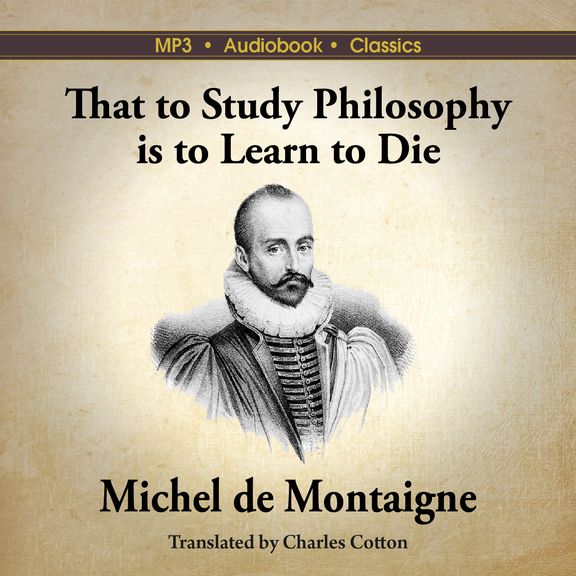
That to Study Philosophy is to Learn to DieBy Michel de Montaigne We all die, sooner or later. We all know it, and we wonder when, where, and how it
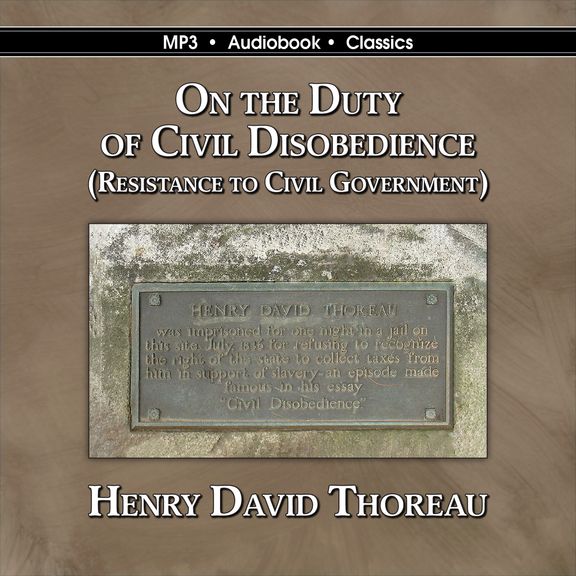
On the Duty of Civil DisobedienceBy Henry David Thoreau On the Duty of Civil Disobedience was first published in 1849 as Resistance To Civil Government. The central idea is that

A Model of Christian CharityBy John Winthrop Political commentators often refer to an image of a shining “city on a hill” as a metaphor for the American experiment. Ronald Reagan
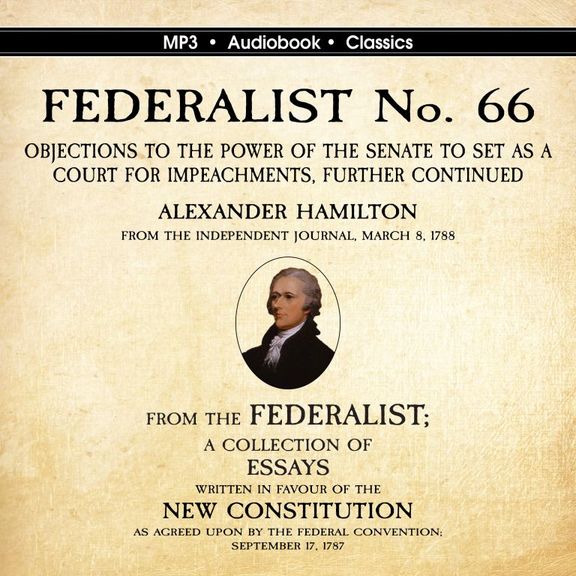
Objections to the Power of the senate to Sit as a Court for Impeachments, Further Continued Federalist No. 66By Alexander Hamilton The Federalist Papers is a series of 85 articles
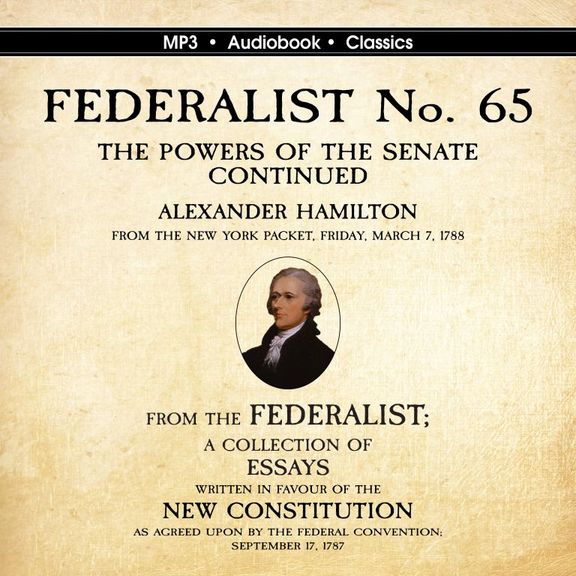
Federalist No. 65By Alexander Hamilton The Federalist Papers is a series of 85 articles arguing in favor of ratification of the United States Constitution by the thirteen original colonies. When

On the Genealogy of MoralsBy Friedrich Nietzsche Friedrich Nietzsche set out to dig into “the origin of our moral prejudices” in On the Genealogy of Morals, also titled On the
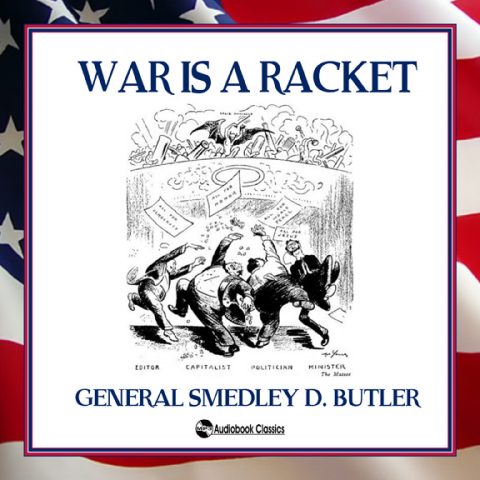
After his retirement from the Marine Corps in the early 1930's, General Smedley D. Butler embarked on a national lecture tour, where he gave his speech about how commercial interests
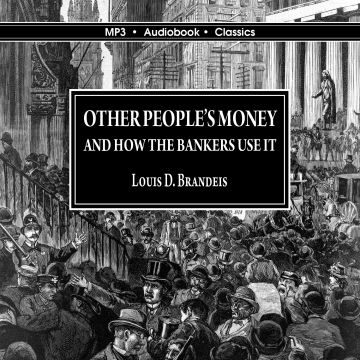
By Louis D. BrandeisRead by Douglas Harvey Other People’s Money and How the Bankers Use It is a collection of essays by Louis D. Brandeis that first appeared in Harper’s
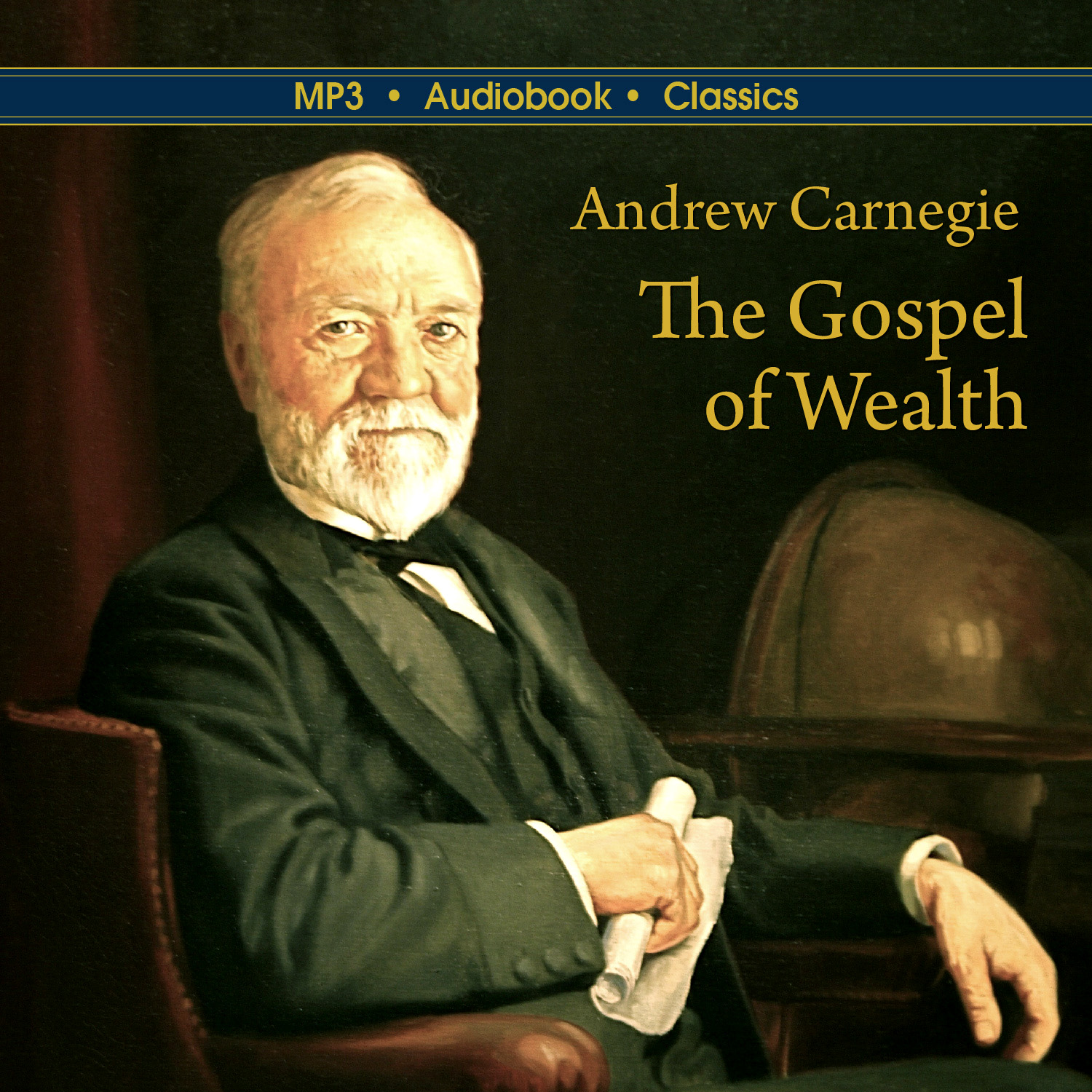
Andrew Carnegie, an immigrant from Dunfermline, Scotland with only a grammar-school education, amassed a fortune in the steel industry the 1800’s to become the richest American in history. Yet Carnegie
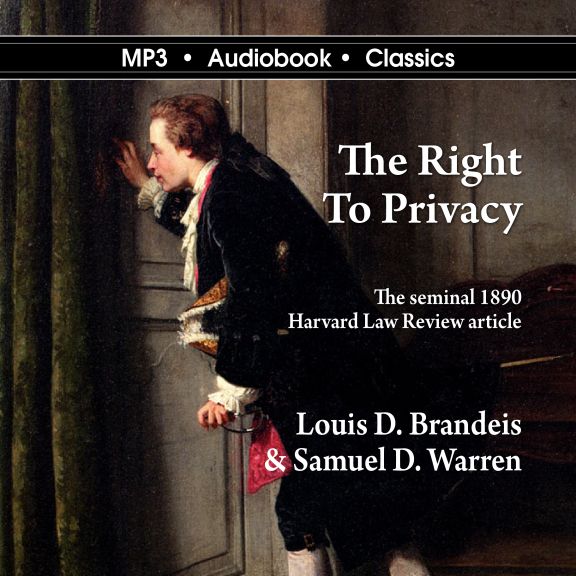
The Right to Privacy is an article that appeared in the Harvard Law Review December 15, 1890 that is considered the first document that argued for the inherent right to